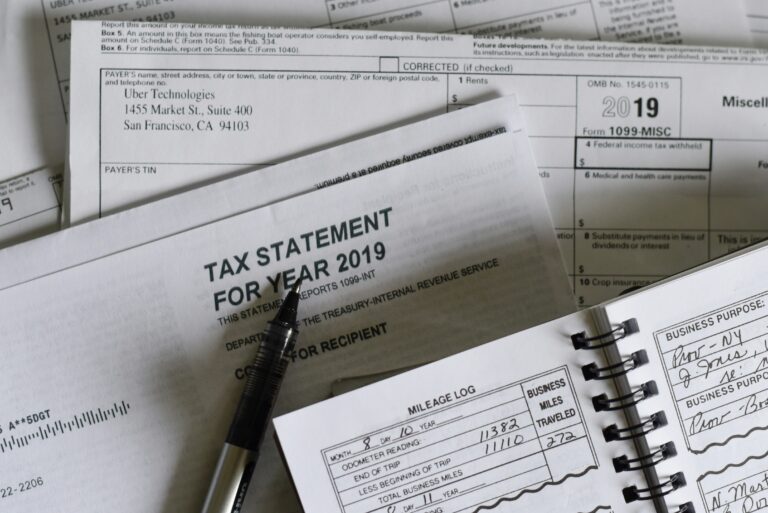
Buying a house in Portugal can be a relatively simple process, but it requires attention to several legal, financial, and bureaucratic aspects. The process involves following several legal rules and fulfilling certain obligations, both to ensure the transaction is valid and to protect the buyer’s rights. Check out the essential legislation you need to know here:
LEGISLATION TO CONSIDER WHEN BUYING A HOUSE IN PORTUGAL
Land Registry (Land Registry Code)
Verify who the legitimate owner is.
Check for mortgages, liens, or other encumbrances.
For this purpose, there is a document called the Land Registry Certificate (issued by the Land Registry) and the Land Registry (issued by the Finance Department):
A tax document that identifies the property to the Tax Authority.
Includes property value, allocation, location, etc.
This agreement is governed by the Portuguese Civil Code (Articles 410 to 418).
It is not required by law, but is common and highly recommended. This agreement should include the identification of the parties, a description of the property, the price and payment method, the down payment amount, the deadline for the deed, and penalties for non-compliance.
Please note in a legal note that if one of the parties fails to comply, the other may demand double the down payment (if the seller defaults) or forfeiture of the down payment (if the buyer backs out).
This license is governed by the Urbanization and Building Legal Regime (RJUE) – DL No. 555/99.
This certificate is issued by the City Council for properties built after 1951 and certifies that the property can be used for housing, commerce, etc. Without this document, the deed cannot be executed (except for urban rehabilitation with exemption).
This certificate is required by law (DL No. 118/2013), which assesses the property’s energy efficiency (A+ to F). It must be presented before the sale. Failure to do so may result in fines.
The deed can be completed at a notary’s office or at a Casa Pronta (a public service that handles everything on the same day).
After the deed is completed, the property legally passes to the buyer, and the final registration is made at the Land Registry Office (DL No. 116/2008) in favor of the new owner.
Is it often asked whether to hire a lawyer?
It’s not mandatory, but it’s highly recommended, especially if there are doubts about the property’s legality, if there is more than one buyer or seller, or even if the property is inherited, shared, or rented.
Trust Investments Group has a partnership agreement with a firm of experienced and qualified lawyers to assist you throughout all stages of the process.
Contact us: we’ll be happy to assist you.


Invest Wisely. Preserve what is yours.

Protect Today. Harvest Tomorrow

The Right Move. The Bright Future.

Your Property. Our Priority

Protect Your Investment
